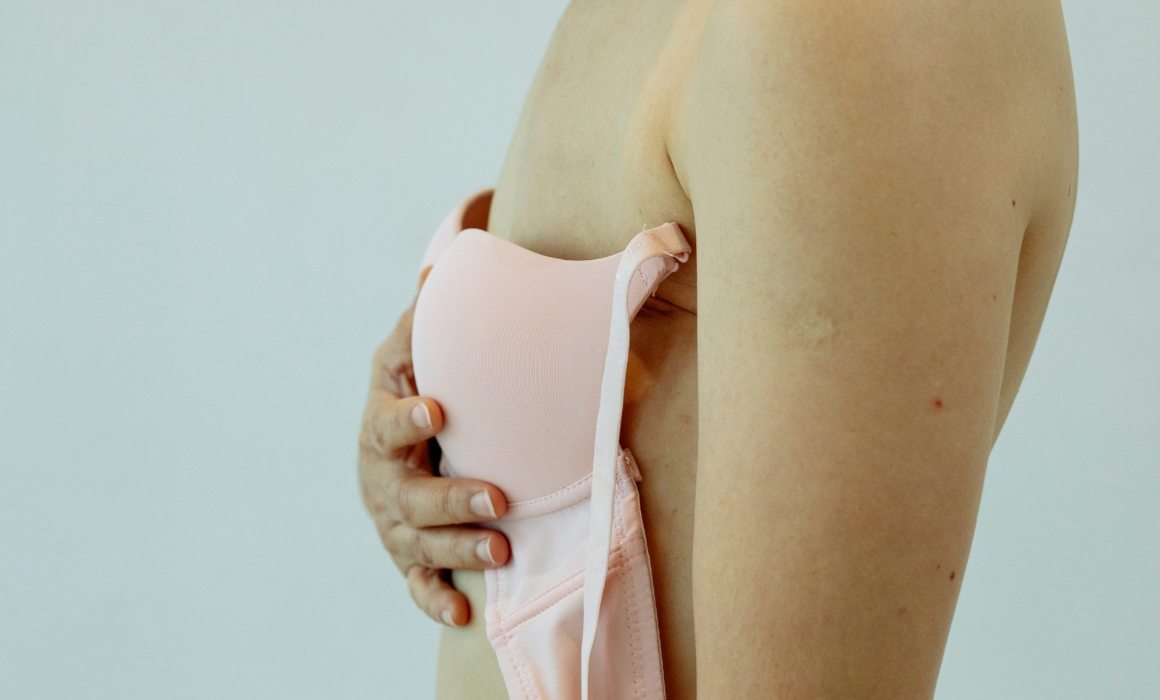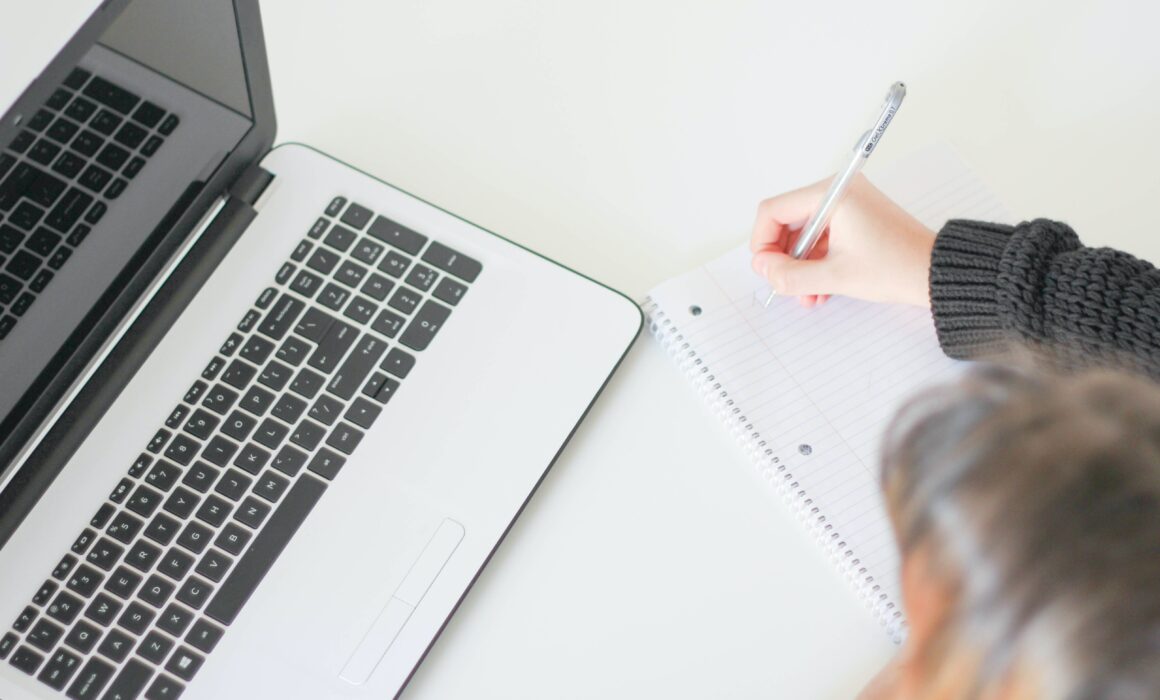
In the days before your operation, it’s important to get yourself ready and make sure you have all the important things ticked off. Here, Dr Nazarain provides a checklist for the days leading up to the operation.
Before your operation you will have contact with your surgical team and/or nurses in a pre-assessment clinic. During this time you will be given information about your procedure and important things to remember. Going in for surgery can be overwhelming so it’s best to write down a list of everything you will need to help you. Here are some important things to remember:
1. Date, time and location
- Ensure you double check the date of your operation, the time you have to go in (set your alarm!) and where in the hospital you have to go.
- Make sure you know how you will get to the hospital – if someone will be dropping you off then make sure there is parking or a drop off location.
2. Eating and drinking restrictions
- You should be given information before your operation about when you should stop eating and drinking. Often this is 6 hours before your operation, and 2 hours before for water.
- If you are a diabetic, ensure you follow the specific guidance given about your medication/insulin.
3. Medication
- You should be told whether or not you can take your usual medication on the morning of your operation. Follow the guidance from your surgeon or hospital.
- It’s always useful to take in a list of your usual medication with you.
- Some medication such as blood thinners may need to be stopped several days before your operation.
4. Comfortable clothing
- Pack a bag the night before with your essentials depending on the length of your stay in hospital (see here for our suggestions of what to include in your bag).
- Stick to comfortable, loose fitting clothes – you may be swollen or sore after surgery so you want to be as comfortable as you can.
- Leave valuables and jewellery at home.
5. Notepad and pen
- Pack a notepad and pen with you so that you can jot down anything important that the surgeon, anaesthetist or nurses tell you before the operation.
- It’s also helpful to have at hand, a few days before your op, to write down questions you may have for the surgeon or operating team.
6. Book/ Tablet/ Magazine
- There may be a lot of waiting before your operation so pack a good book or your tablet for entertainment and to keep your mind occupied.
- Some hospitals may not have internet access so bear that in mind.
7. Electricals
- The sockets may be very far away from your bed, so always best to pack an extra-long phone charger with you.
- Headphones are also very useful especially if you want to listen to some music that will keep your nerves at bay before the operation.
8. Organise transport home
- If you are going home on the same day, you may need a family member or friend to take you home especially if you’ve had a general anaesthetic. Organise this beforehand since you may be too sore or unable to after your surgery.
If you have any questions before your operation, you should contact the hospital or surgical team.
For a downloadable and printable version of this checklist, see here.

Future Dreams hold a range of support groups, classes, workshops and events to help you and your carers during your breast cancer diagnosis. These are held both online and in person at the London-based Future Dreams House. To see what’s on offer and to book your place, see here.
To return to the homepage of our Information Hub, click here where you can access more helpful information, practical advice, personal stories and more.
You can also find community on the Future Dreams Instagram page.
Reviewed February 2023
The information and content provided in all guest articles is intended for information and educational purposes only and is not intended to substitute for professional medical advice. It is important that all personalised care decisions should be made by your medical team. Please contact your medical team for advice on anything covered in this article and/or in relation to your personal situation. Please note that unless otherwise stated, Future Dreams has no affiliation to the guest author of this article and he/she/they have not been paid to write this article. There may be alternative options/products/information available which we encourage you to research when making decisions about treatment and support. The content of this article was created by Scarlet Nazarian, MBBS BSc MRCS, Clinical Research Fellow & Surgical Registrar, Department of Cancer & Surgery, Imperial College London and we accept no responsibility for the accuracy or otherwise of the contents of this article.
Share

Support awareness research
Donate to those touched by BREAST cancer
Sylvie and Danielle began Future Dreams with just £100 in 2008. They believed nobody should face breast cancer alone. Their legacy lives on in Future Dreams House. We couldn’t continue to fund support services for those touched by breast cancer, raise awareness of breast cancer and promote early diagnosis and advance research into secondary breast cancer without your help. Please consider partnering with us or making a donation.



